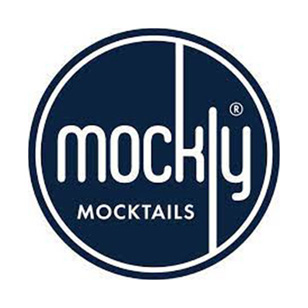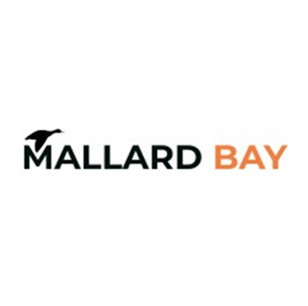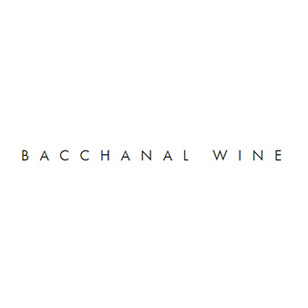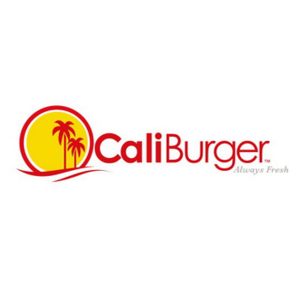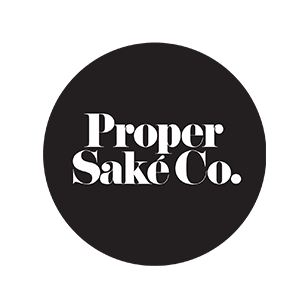IP Protections for Restaurants
This post discusses general legal issues, but it does not constitute legal advice in any respect. This post is not a substitute for legal advice and is intended to generate discussion of various issues. No reader should act or refrain from acting on the basis of any information presented herein without seeking the advice of counsel. Cara Stone, LLP and the author expressly disclaims all liability in respect of any actions taken or not taken based on any contents of this post. The views expressed herein are personal opinion.
One of the most overlooked areas in establishing restaurants is intellectual property (IP). You may ask what IP has to do with running a good restaurant or bar. Think about how the most iconic brands worldwide have strong trademark protection for their distinct name and logo. One of the most underrated things restaurant owners can do is protect IP from the start to prevent others from challenging the branding.
A common mistake we’ve seen in restaurants, which can cost lots of money at exit, is not getting the logo’s artist to assign the logo to the restaurant. Certain rights stay with the logo creator if there is no formal assignment. Furthermore, if the intellectual property ownership is unclear at exit, the restaurant owner is assigned the risk for that issue. This means, that if someone were to challenge the IP down the road, the restaurant owner would be liable for any costs or damages to the business. Even if the restaurant is not aiming to exit, a name, logo, or other IP issue can cause challenges for a restaurant location. Considering these issues at the outset will prevent problems and is much less expensive early on than after the restaurant has been operating.
Recipes are also trade secrets and fall under intellectual property. Getting those with access to the recipes to sign confidentiality provisions in conjunction with the company’s handbook is wise. Trade secret protection can be (and often will be) lost forever if the IP is not adequately protected. Other trade secrets we’ve seen restaurants create and protect include unique types of tables, utensils, technology, processes, training materials, staff practices, and more.
Each case is different. There is an increasing number of acquirers in the restaurant space, and brands increasingly view their unique approaches as competitive advantages in the highly competitive restaurant space. Protecting these differentiators will be important to possible acquirers. This is another reason why IP in restaurants is gaining more attention.
Every time you hire a third party to create IP (logos, social media creatives, branding), the restaurant will want to have an agreement in place to protect the brand for the long term. These agreements protect the restaurant’s logo and allow the restaurant to create derivative works such as menus, promotional items, apparel, and other items. Requiring contractors to sign an agreement is the simplest way to protect the restaurant as it grows.
IP protections don’t have to be cost-prohibitive and can significantly impact a restaurant’s options as it grows. IP protections are often simple and inexpensive to protect early on and can have an outsized impact as issues arise. We’d love to help you set up IP protections for your restaurant concept. Contact us below to learn more.
This post discusses general legal issues, but it does not constitute legal advice in any respect. This post is not a substitute for legal advice and is intended to generate discussion of various issues. No reader should act or refrain from acting on the basis of any information presented herein without seeking the advice of counsel. Cara Stone, LLP and the author expressly disclaims all liability in respect of any actions taken or not taken based on any contents of this post. The views expressed herein are personal opinion.
One of the most overlooked areas in establishing restaurants is intellectual property (IP). You may ask what IP has to do with running a good restaurant or bar. Think about how the most iconic brands worldwide have strong trademark protection for their distinct name and logo. One of the most underrated things restaurant owners can do is protect IP from the start to prevent others from challenging the branding.
A common mistake we’ve seen in restaurants, which can cost lots of money at exit, is not getting the logo’s artist to assign the logo to the restaurant. Certain rights stay with the logo creator if there is no formal assignment. Furthermore, if the intellectual property ownership is unclear at exit, the restaurant owner is assigned the risk for that issue. This means, that if someone were to challenge the IP down the road, the restaurant owner would be liable for any costs or damages to the business. Even if the restaurant is not aiming to exit, a name, logo, or other IP issue can cause challenges for a restaurant location. Considering these issues at the outset will prevent problems and is much less expensive early on than after the restaurant has been operating.
Recipes are also trade secrets and fall under intellectual property. Getting those with access to the recipes to sign confidentiality provisions in conjunction with the company’s handbook is wise. Trade secret protection can be (and often will be) lost forever if the IP is not adequately protected. Other trade secrets we’ve seen restaurants create and protect include unique types of tables, utensils, technology, processes, training materials, staff practices, and more.
Each case is different. There is an increasing number of acquirers in the restaurant space, and brands increasingly view their unique approaches as competitive advantages in the highly competitive restaurant space. Protecting these differentiators will be important to possible acquirers. This is another reason why IP in restaurants is gaining more attention.
Every time you hire a third party to create IP (logos, social media creatives, branding), the restaurant will want to have an agreement in place to protect the brand for the long term. These agreements protect the restaurant’s logo and allow the restaurant to create derivative works such as menus, promotional items, apparel, and other items. Requiring contractors to sign an agreement is the simplest way to protect the restaurant as it grows.
IP protections don’t have to be cost-prohibitive and can significantly impact a restaurant’s options as it grows. IP protections are often simple and inexpensive to protect early on and can have an outsized impact as issues arise. We’d love to help you set up IP protections for your restaurant concept. Contact us below to learn more.




